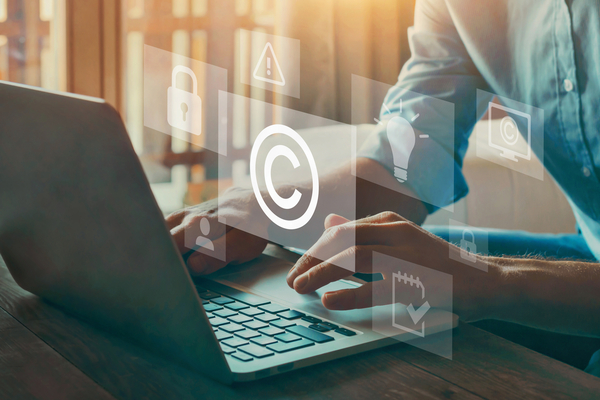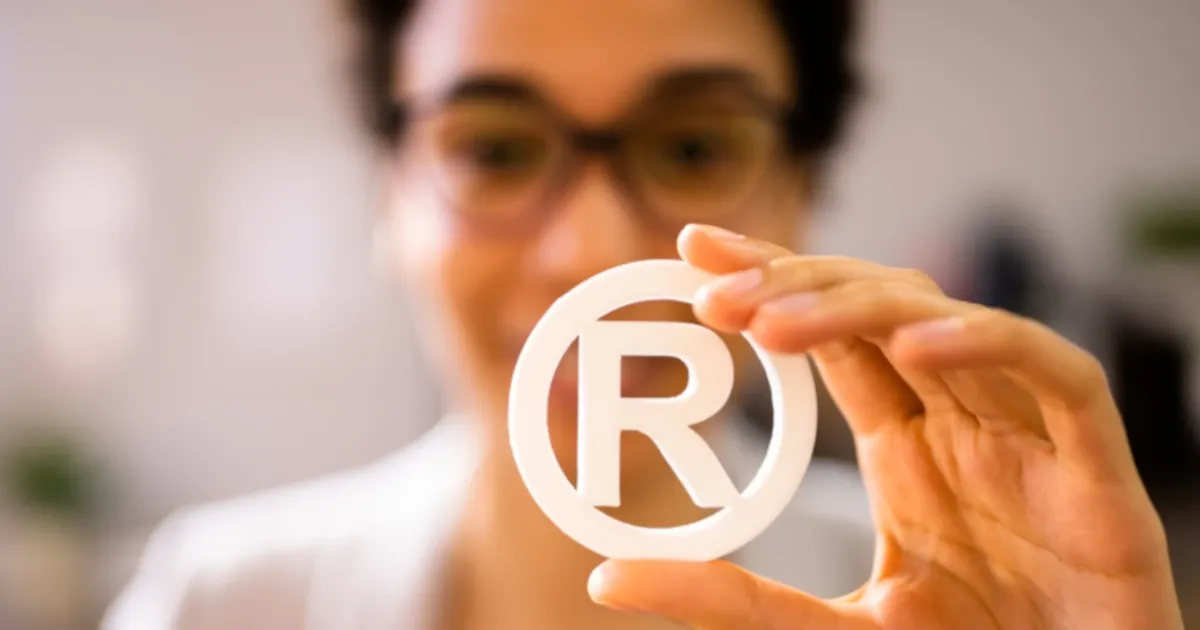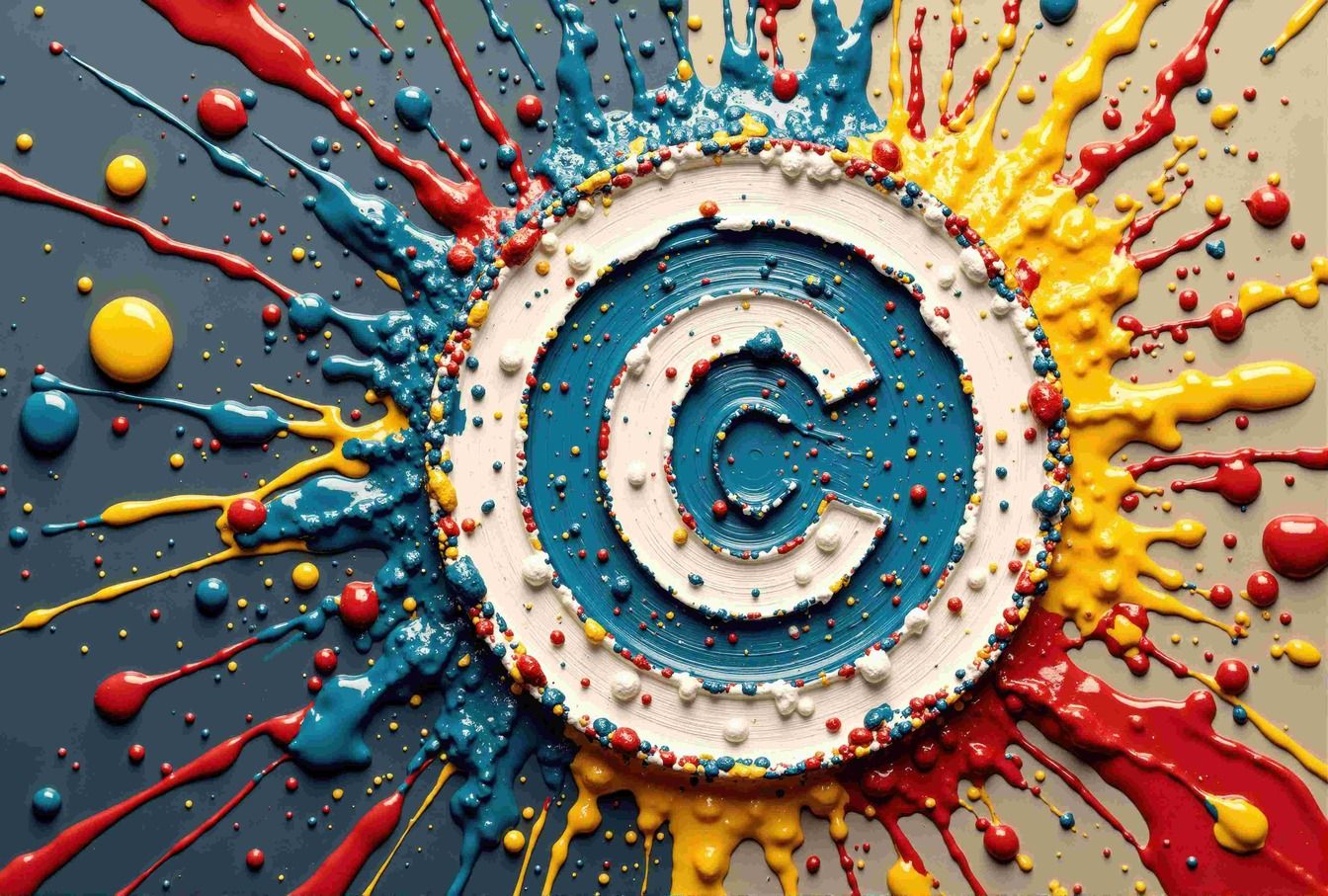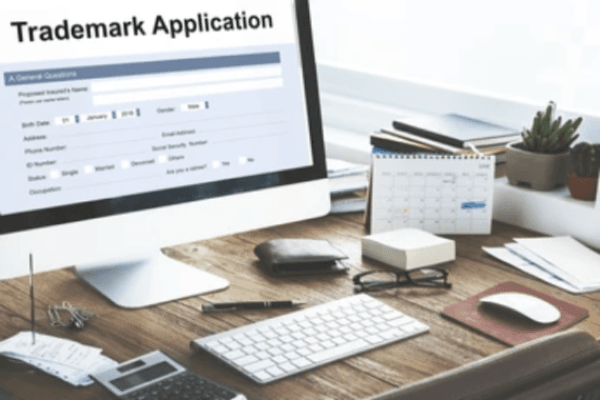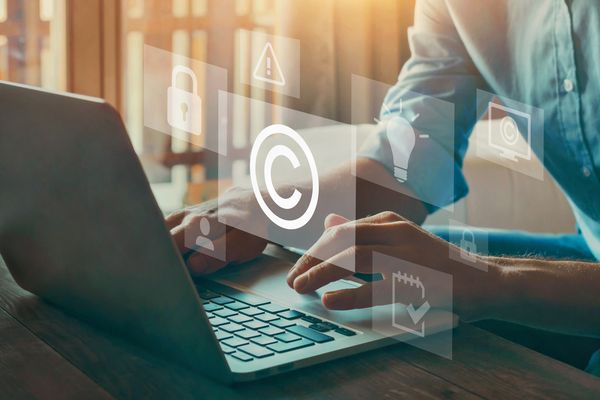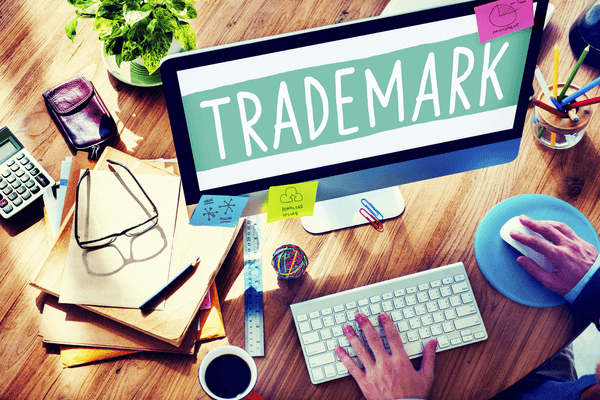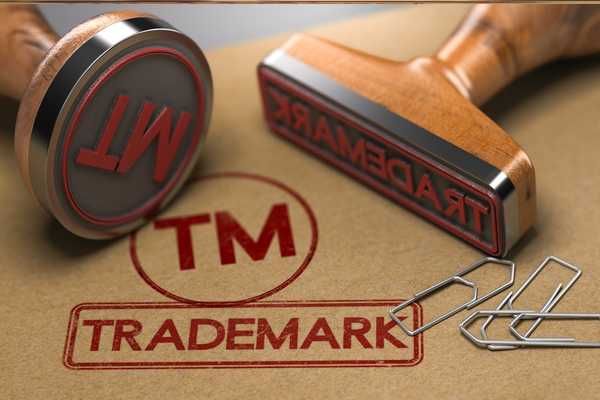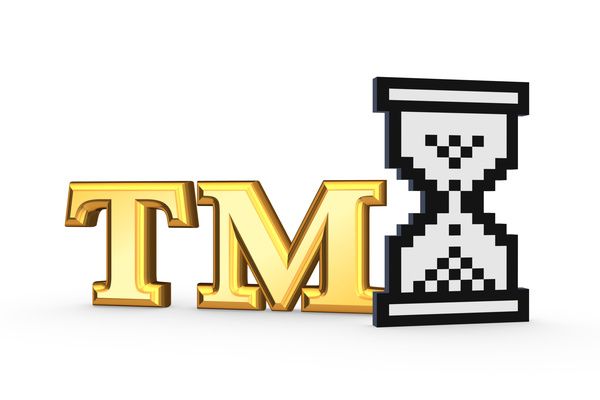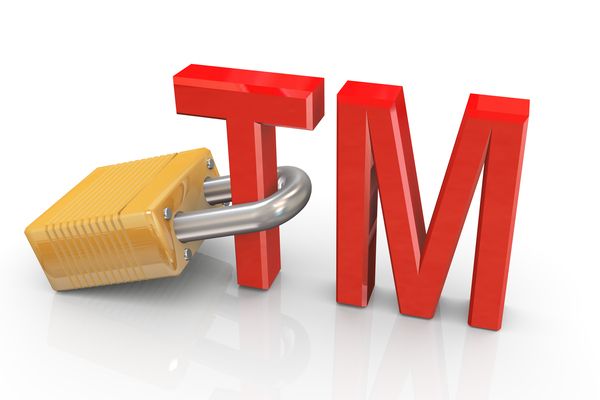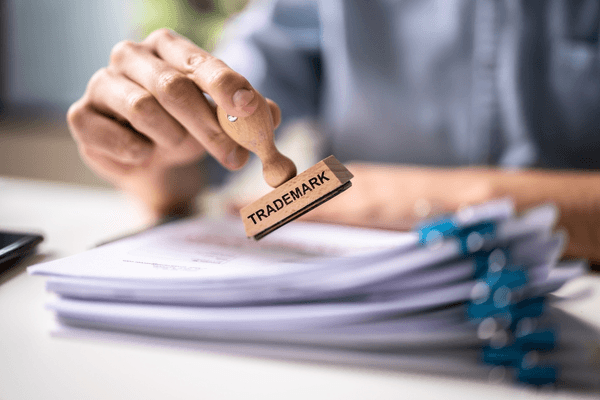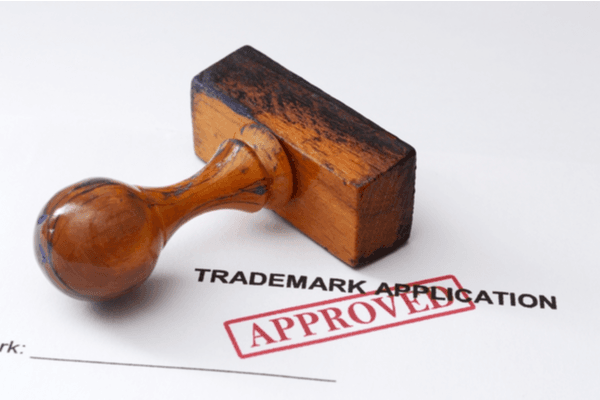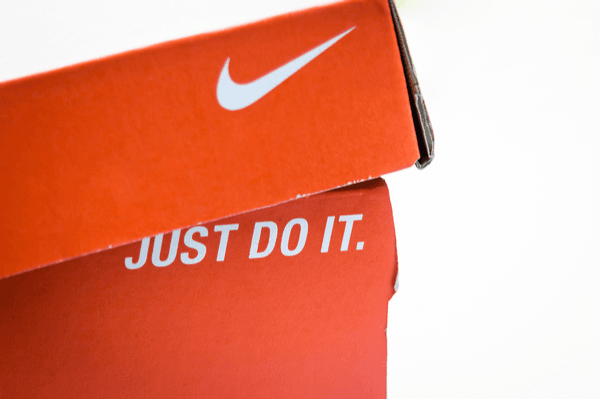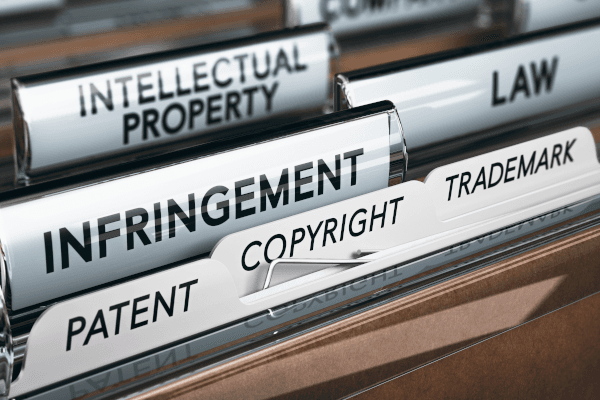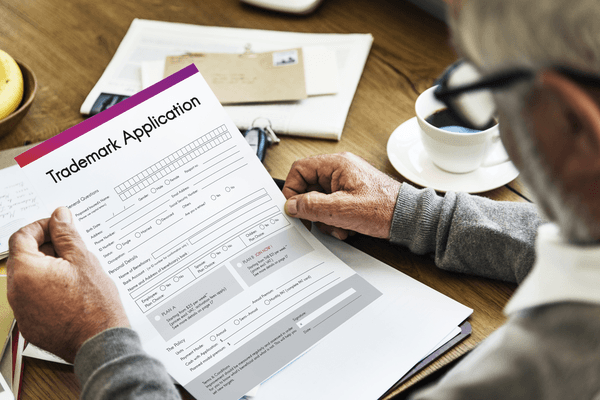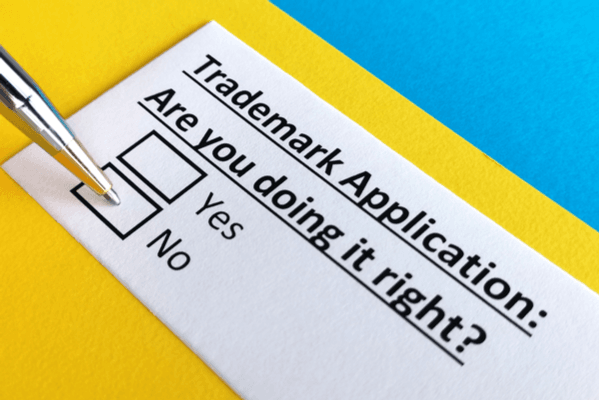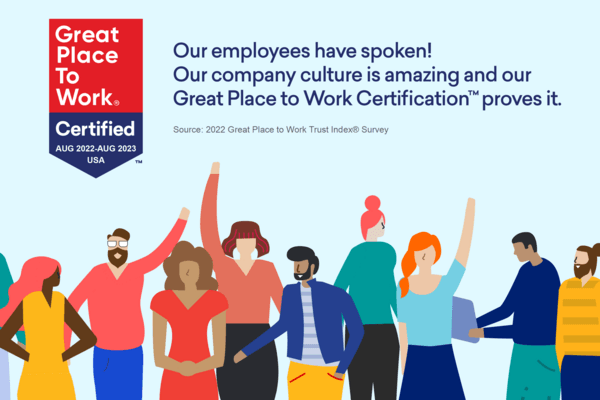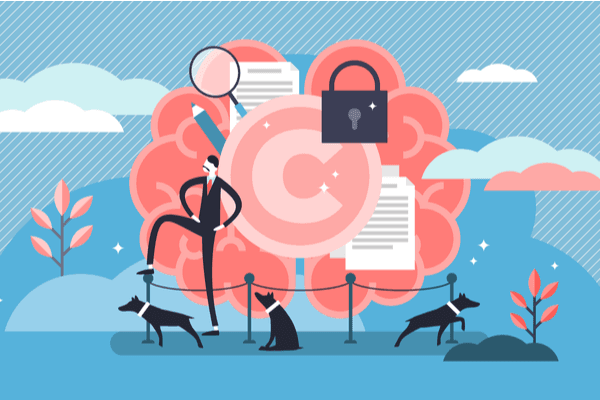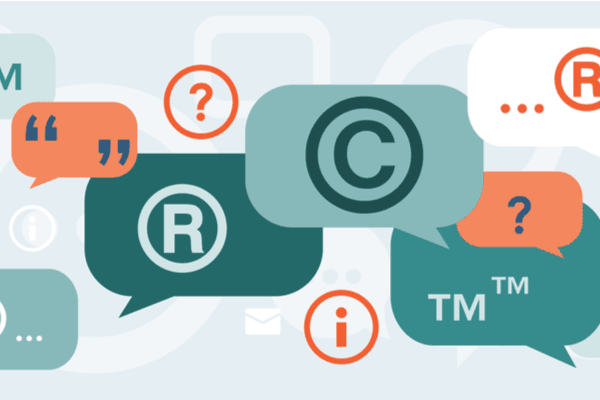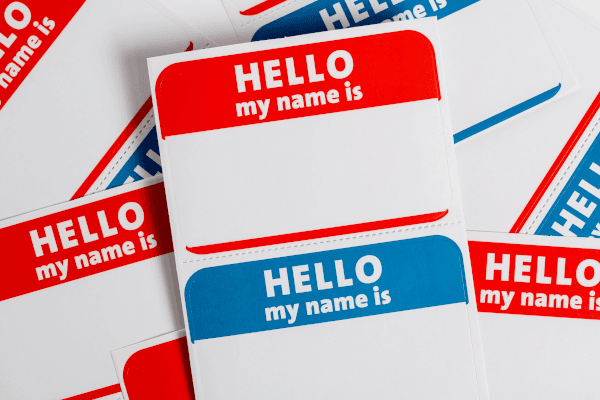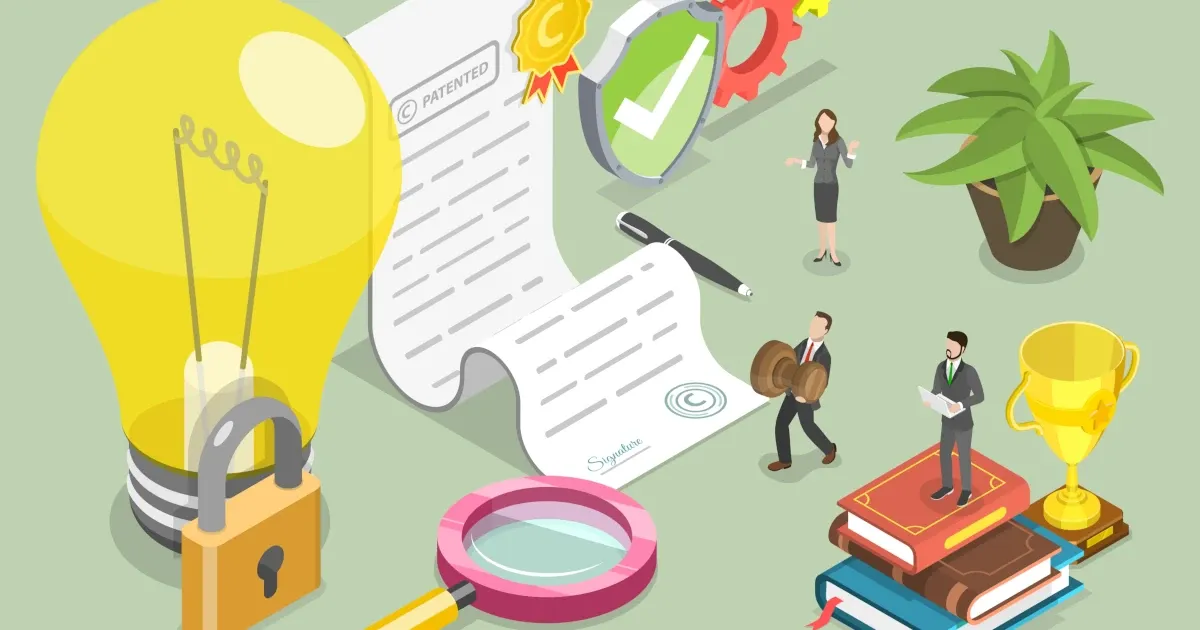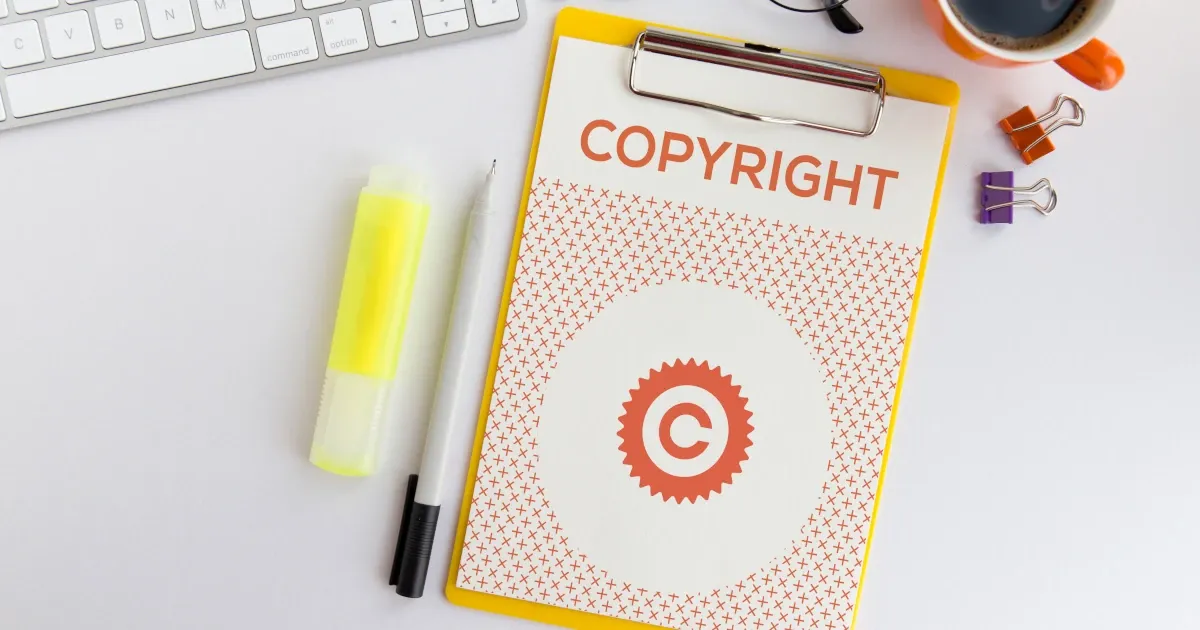Can you really put a price on creative genius? If you’re a musician or artist, you probably have a value in mind when it comes to your work. But what if someone decides to cash in on your intellectual property and not pay you a dime?
There’s no shortage of people who can’t wait to take advantage of musicians and artists in the music business. If you think signing a bad record label contract is one of the worst things that can happen in the music publishing industry, think again.
Although you’re the original creator, you don’t have many enforceable rights unless you protect your work with the right regulatory bodies. Until then, others can use your material, likeness, name, and other elements of your music or brand to make money.
This is where trademarks and copyrights come in.
Understanding Trademarks for Musicians
A trademark protects against someone trying to use your creation for their own financial gain. You can use a trademark to protect phrases, slogans, names, and other identifiable information that points to the source of a service or product. For artists, this means information that identifies them in connection to their music.
Trademarks are vital in preventing unfair competition. For example, two artists or bands using the same name, despite having different styles, might confuse fans when buying concert tickets. But a trademark can prevent this unnecessary confusion from happening.
Musicians and artists have many different trademark types they can use. For example, you can use word and design trademarks to protect logos, or protect other identifying marks. For more information, the USPTO has a helpful page on trademarks for musicians.
Understanding Music Copyright Law
Copyright protection safeguards original work and intellectual property that qualifies as an intangible asset. You can use it for musical compositions, literary works, art, sheet music, and other creative works of the mind.
Unlike a trademark, you automatically receive common law copyright when you create something. But, to formally gain ownership of a copyright and enforce it in court, you must register it with the U.S. Copyright Office.
Types of Protected Work that Apply to Musicians
Even some experienced musicians don’t always understand how to protect their work or prevent others from using it without their express consent. To help break it down, here are the two types of work that apply to musicians when looking at protection.
The first type of work you create is known as musical work. This category includes everything that went into the composition, from notes and arrangements to lyrics.
The second type of work is a sound recording or the final product of recording your musical work in various formats. But, since the songwriter or composer doesn’t always create sound recordings, they are licensed and protected differently.
Benefits of Trademarks
Your intellectual property is only one of many revenue streams as an artist or musician. If you look at the famous musicians that hit the charts, you’ll find they’re selling a brand to their audiences. For example, they may sell consumer products, beauty products, services, and more alongside albums and concert tickets.
So, why are trademarks important? Trademarks for identifiable elements prevent unwanted parties or collaborators from selling products, services, or merchandise with your brand. It also prevents individuals and companies from cashing in on your band name, logo, lyrics, reputation, and fame.
Registering a trademark is often an intricate process, especially when you want to trademark multiple brand-identifiable or brand-defining elements. The good news is that a registered trademark can last forever if you renew it within the set timeframes.
The first trademark renewal date is between the fifth anniversary of the registration and the sixth anniversary and requires evidence that you’re still using your trademark. The second renewal date is between the ninth and tenth anniversary, and you’ll again need to provide proof of use. Every other renewal date will start with the tenth anniversary of the previous renewal.
Although trademark maintenance is an ongoing process and somewhat tedious, you and generations of your family can own a trademark and its exclusive rights forever.
Benefits of Copyrights
Music copyright requires additional work to get the full protection benefits, and many musicians and artists don’t take the necessary steps to protect theirs.
For example, composing a song will automatically grant you common law copyright for that song. This includes the right to reproduce, perform, adapt, sell, and license other performers to use or adapt your work.
In cases of copyright infringement, such as if someone were to use your song or parts of it, you would need to take steps to enforce your copyright rights. With a common law copyright, you’d need to prove that you are the creator of the copyrighted work. This may require a lot of effort on your part, and, unfortunately, mailing yourself a copy, known as the "Poor Man's Copyright" method, isn't enough in court.
Even if you can satisfactorily prove that you own the copyright, you're only entitled to claim damages if you own registered copyrights.
In short, your copyright rights don’t offer much legal protection until registered. Your ability to contest the unlawful use of your composition in a federal court is only available if you become the registered copyright owner on record.
Fortunately, registering a copyright is easier and cheaper than registering a trademark, and, as the copyright holder, your creation will be protected for your life and 70 years after you pass.
Registering a Trademark
You should first do some research before registering a trademark to avoid confusion with similar marks. This process requires substantial attention to detail to determine if the trademarks you want to register are available or not too similar to existing ones to constitute grounds for trademark infringement. Thankfully, online services, such as Trademark Engine’s Free Trademark Search, can help you search millions of trademarks that are live or pending in the USPTO database.
In addition, there are 45 classes for trademark registration with the USPTO. Picking the correct class isn’t always easy, especially when you want to register multiple trademarks to protect various elements of your brand.
Regardless of the task’s complexity, registering your trademark with the USPTO could prove beneficial. On the one hand, it can help prevent unfair competition. But most importantly, it will give you significantly more protection than unregistered trademark ownership.
Imagine a company selling merchandise and services using your name, logo, or lyrics. If you had a registered trademark with the USPTO, you could sue that company, have a higher chance of winning in court, and the court may even order the company to pay damages. In fact, you may be entitled to a substantial chunk of its profits, preventing them from carrying on their activities.
Registering a Copyright
Registering copyrights requires you to submit an application form, a copy of the work, and a filing fee.
A standard copyright registration application will apply to individual sound recordings and musical work. However, this doesn’t mean you have to file copyright registration applications for each song you compose. The U.S. Copyright Office introduced a new type of application in 2021 called the Group Registration of Works on an Album of Music. This application can simplify the registration process in these scenarios.
For example, you’d want to choose this application if you’re registering up to 20 sound recordings, musical works, or associated material on an album. The application is valid if all the works are yours and you’re the claimant on record for each piece.
Why You Shouldn’t Register Copyright at the Last Minute
U.S. laws aren’t always friendly to those in the music industry. While you automatically receive common law copyright when you create something, you can’t bring an infringement lawsuit against someone using your work without registered copyright.
You can run into difficulties if you don’t register ahead of time. It may even disqualify you from being entitled to attorneys’ fees and statutory damages if you win.
Protect Your Hard Work Today
The cost of protecting your work and brand is nothing compared to how much you can lose if you don’t. You might have a loyal following, but what happens if someone else uses your name and artistic works for financial gain?
Don’t let someone else sell merchandise, services, or a lifestyle with your brand. They’d only undercut your value and prevent you from profiting from your hard work.
Registering trademarks and copyrights is crucial in every industry, perhaps even more so for musicians and artists. With Trademark Engine, you can benefit from premium industry services, ensure protection, and get guidance moving forward. Don’t hesitate to reach out if you want to learn more about our services, methodology, and other ways to protect your intellectual property.
Trademark Engine is not a law firm and none of the information on this website constitutes or is intended to convey legal advice. General information about the law is not the same as advice about the application of the law in a particular factual or legal situation. Individual facts and circumstances as well as legal principles including but not limited to the ones referenced on this website can affect the outcome of any given situation.
Trademark Engine cannot and does not guarantee that an application will be approved by the USPTO, that a mark will be protected from infringement under common US trademark law, or that any ensuing litigation or dispute will lead to a favorable outcome. If you want or have an interest in obtaining legal advice with respect to a specific situation or set of circumstances, you should consult with the lawyer of your choice.
Trademarket Blog
Everything you need to know about starting your business.
Each and every one of our customers is assigned a personal Business Specialist. You have their direct phone number and email. Have questions? Just call your personal Business Specialist. No need to wait in a pool of phone calls.

